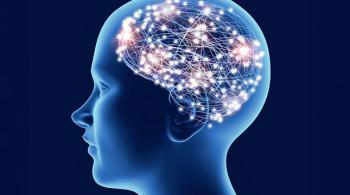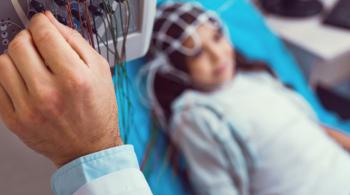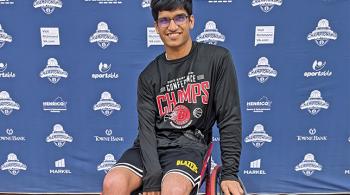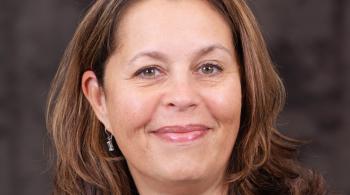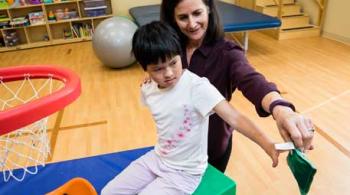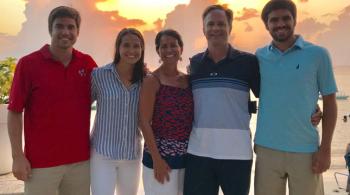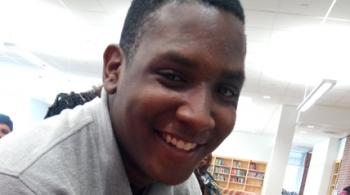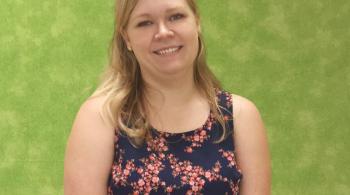BALTIMORE, September 4, 2018 – According to the Centers for Disease Control and Prevention (CDC), approximately 2.5 million high school students report having had a sports- or physical activity-related concussion within the last 12 months, and more than 800,000 children seek care related to traumatic brain injuries in U.S. emergency departments each year. In an effort to improve outcomes for patients 18 years and younger who experience concussions and mild traumatic brain injuries (mTBI), the CDC recently published the CDC Guideline on the Diagnosis and Management of Mild Traumatic Brain Injury Among Children, built from a comprehensive review of 25 years of research on the science behind pediatric mTBI.
Dr. Stacy Suskauer, co-director of Kennedy Krieger Institute’s Center for Brain Injury Recovery, served as a co-author of the Guideline, along with a select group of specialists in pediatric care, noting, “the Guideline highlights the importance of treatment by an interdisciplinary team, and highlights an active rehabilitation approach for managing the needs of children with concussions and mild traumatic brain injuries.”
Published in JAMA Pediatrics, it is the first and only evidence-based pediatric Guideline in the U.S. that is designed for healthcare professionals to use in all settings and covers diagnosis, prognosis, management and treatment for all causes of pediatric mTBI. The Guideline includes 19 sets of recommendations, and actions for providers to take that can improve the health outcomes of patients with mTBI. The five key practice-changing takeaways from the Guideline include:
- Do not routinely image pediatric patients to diagnose mTBI.
- Use validated, age-appropriate symptom scales to diagnose mTBI.
- Assess for risk factors for prolonged recovery.
- Provide patients with instructions on return to activity customized to their symptoms.
- Counsel patients to return gradually to non-sports activities after no more than two to three days of rest.
“Although this Guideline aims to help healthcare professionals improve treatment and outcomes for youth with mild traumatic brain injuries, many questions remain unanswered about youth concussions and the impact of mild traumatic brain injuries on the developing brain, which is why it is so important for the research community to continue engaging in high-quality research studies on this topic,” said Dr. Suskauer. “At the Center for Brain Injury and Recovery, we are committed to continuing our research and expanding our knowledge of pediatric concussions and brain injuries so we can ensure patients have the best opportunity for a positive outcome.”
About Kennedy Krieger Institute:
Internationally recognized for improving the lives of children and adolescents with disorders and injuries of the brain, spinal cord and musculoskeletal system, Kennedy Krieger Institute in the greater Baltimore/Washington, D.C. region serves 24,000 individuals a year through inpatient and outpatient clinics, home and community services, and school-based programs. Kennedy Krieger provides a wide range of services for children with developmental issues, from mild to severe, and is home to a team of investigators who are contributing to the understanding of how disorders develop, while at the same time pioneering new interventions and methods of early diagnosis. Visit KennedyKrieger.org for more information about Kennedy Krieger.
About Kennedy Krieger Institute’s Center for Brain Injury Recovery:
Kennedy Krieger Institute’s Center for Brain Injury and Recovery is one of the nation’s leading brain injury rehabilitation programs known for its pioneering continuum of care model that currently implements many of the practices outlined in the new Guideline. Offering mTBI patients coordinated care across the inpatient, day-hospital, home and community settings, the Center for Brain Injury and Recovery has experts and specialists who identify and address the varied contributions and ongoing symptoms in mTBI pediatric patients that include sleep, mood, cognitive and physical concerns.
###

